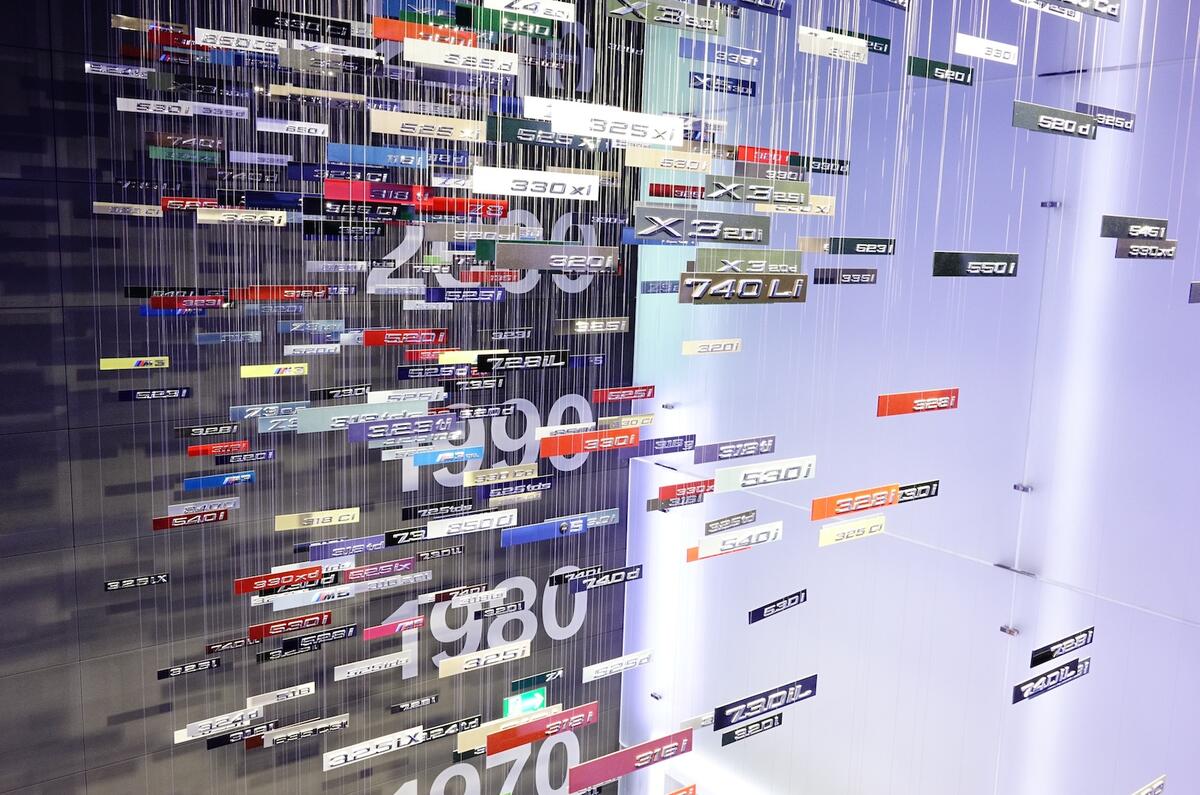A couple of weeks ago I found myself on four flights in as many days. That gave me time to dig around in the business sections of the newspapers and so I stumbled across a very interesting chart on the state of retailers in the UK.
The Times ran a small chart of the Britain’s ‘Top Ten fastest-growing retailers’. At number one was Aldi, but we’ve all heard about the rise and rise of this discount retailer. Number two was Waitrose, probably Britain’s premier supermarket, where the prices match the quality.
At number three and four were Sports Direct and Primark, two other highly successful discount retailers.
And here’s the odd thing. The fifth and sixth fastest growing retailers were Burberry and John Lewis. Both are upmarket operations, operating at the higher end of their respective markets.
Indeed, British Home Stores – a classic middle market operation – has just been sold for £1.
The inescapable conclusion is that the retail world is only working at the extremes: discount and premium. Which is much like the European auto industry.
The big difference is that the discount end of the car industry doesn’t want to be discounted. According to one auto analyst, as much as two thirds of the cars sold in Europe are sold at loss.
That might sound pretty extreme, but the economics of selling mass-market cars in Europe is vicious. First off, wage costs in Western Europe (Germany, France and Italy particularly) can as much as 20 percent higher than in Poland, for example. Factory utilization in Europe is also underpar in many countries, further increasing costs.
Of course, material costs for building a car are not so different whether it’s, say, a VW Golf or a Renault Megane. But the killer is the final transaction price.15 years ago the then-boss of Renault told me that VW could command 1500 Euros more for a Golf than he could for an equivalent Megane.
If you do the figures, it’s pretty astonishing. Over 400,000 units per year, VW pockets 600m Euros more than Renault. Over four years, that’s 2.4bn in extra revenue.
I don’t want to pick on Renault. The same problems of discount pricing have plagued Ford of Europe, General Motor’s European arm and Peugeot-Citroen.
All suffered significant losses in recent years. Like in UK retail, being caught between true discount brands and premium badges is a pit of unprofitability that is very hard to climb out of.
Sure, the mass-makers have pushed extra hard with ever better cars, ever better engines, interiors and equipment levels. Yet driving up those transaction prices is proving very difficult indeed.
Today, some mass-makers have embarked on a new path to profits. Citroen wants to spin the DS sub-brand off as a premium offering and Ford wants to see the Vignale sub-brand encourage buyers to spend money on a super-high specification.




Join the debate
Add your comment
@289
@ Daniel Joseph
Maybe its catching!
It's Audi and BMW syndrome to
@NeufNeuf
@ norma smellons
Neuf Neuf, that's enough.
We have all noticed editorial standards have slipped somewhat, however this doesn't stop us understanding the story.
If you want to constantly point out grammatical errors, go and teach English Language in a school. THIS is a motoring forum!